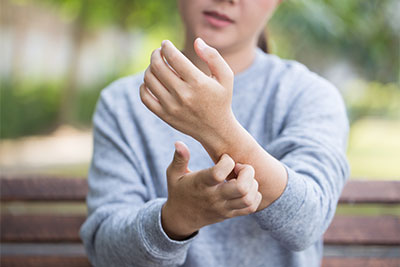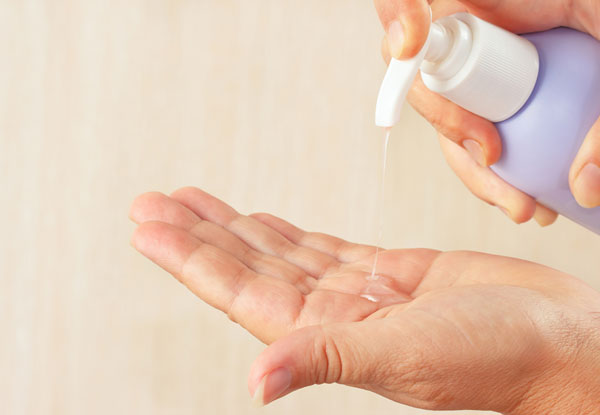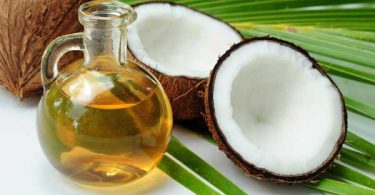Insects may be small, but their bites and stings can deliver a big dose of itchy,inflamed misery! Fortunately, many natural remedies work amazingly well to counteract this discomfort.

By CHAjAMP / shutterstock.com
– Aloe vera juice or gel soothes the skin and relieves inflammation and itchiness.
The juice is available commercially; just apply it directly on the skin with a cotton ball (it feels especially nice chilled) or dab the gel from a freshly cut leaf onto bites and stings.
Apple cider vinegar is acidic, so it helps neutralize the alkaline venom injected by wasps, yellow jackets, and hornets. Apply a soaked cotton ball directly to stings for 30 minutes, refreshing the vinegar repeatedly.
– Baking soda, in contrast to vinegar and lemon juice, is alkaline, so it helps neutralize the acidic venom of bees, ants, and other biting/stinging insects (other than wasps, yellow jackets, and hornets). Apply a paste of baking soda and water directly to irritated, inflamed areas and leave on for at least 30 minutes. Rinse.
For an overall anti-itch remedy, add 1 cup of baking soda to a tub of lukewarm water and soak for 15 to 20 minutes.
Clay (bentonite, French green, red, or white) is one of the most overlooked, inexpensive healing substances around. Composed of myriad mineral deposits, it has remarkable absorbing and drawing powers; when thickly applied and allowed to dry, it actually raises the skin’s temperature, increasing circulation and encouraging the release of toxins. To use, form a paste of powdered clay and a small amount of water, aloe vera juice, or peppermint tea. Apply it directly to the bite, and leave on for at least 30 minutes. Rinse.
– Lavender or tea tree essential oil can be applied “neat,” or undiluted, by the drop, directly to each bite to reduce inflammation and help prevent infection (1 to 3 drops of either oil maximum per day). These energetically cooling, concentrated oils are gentle, inexpensive, and very effective medicine! No natural first-aid kit should be without either one of them.
– Lemon juice can be used just like apple cider vinegar.
Neem oil is a naturally cooling oil with antibacterial properties. It relieves many types of skin irritations. Apply a drop to each bite.
–Plantain — yes, the common “weed” — is cooling and has astringent, vulnerary (tissue healing), and anti-inflammatory properties, plus the leaves contain a wonderful mucilaginous substance that is quite soothing to skin irritations of all kinds. To use it fresh, find a clean, medium-sized leaf, free from pesticide, road-side, or animal contamination, chew it to a pulp and apply the “spit paste” to the affliction.
To use dried plantain, mix the chopped herb with a small amount of water and apply to the bite or sting. Either way, you use it, within minutes of application, the area will become warm as toxins are drawn from the skin. Reapply as often as needed until the pain and swelling have subsided. Drying your own is easy, or it can be ordered online.
– Tobacco “spit paste” is an age-old remedy — it works like a charm to counteract the pain of insect bites and stings, but if you don’t want to chew tobacco (and I don’t blame you), mix enough water or peppermint tea into 2 teaspoons of shredded pipe or cigarette tobacco to make a paste and apply it directly to the bite. Leave it on for at least 30 minutes or until the swelling is gone. Note: If irritation or redness occurs, remove the tobacco.
– Vicks VapoRub has well-known cooling and soothing properties. This longtime favorite salve can take the itch out of insect bites and calm inflammation. It also makes a wonderful repellent, due to the camphor, eucalyptus, menthol, cedar leaf, and thyme contained within the familiar little blue jar. Be aware that it uses petrolatum as the thick carrier base, in case you are sensitive to it or want to avoid petroleum products. Petroleum-tree rubs are available in better health food stores and may be worth a try.



